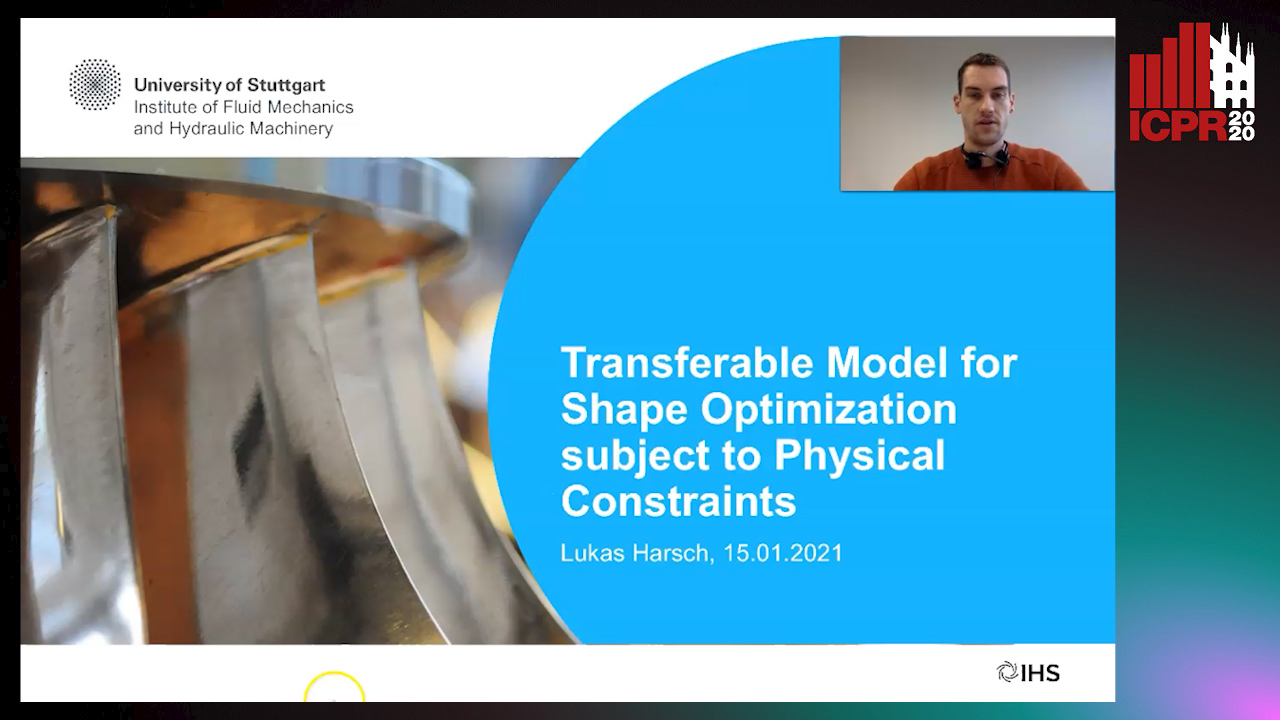Stefan Riedelbauch
Paper download is intended for registered attendees only, and is
subjected to the IEEE Copyright Policy. Any other use is strongly forbidden.
Papers from this author
Transferable Model for Shape Optimization subject to Physical Constraints
Lukas Harsch, Johannes Burgbacher, Stefan Riedelbauch

Auto-TLDR; U-Net with Spatial Transformer Network for Flow Simulations
Abstract Slides Poster Similar
The interaction of neural networks with physical equations offers a wide range of applications. We provide a method which enables a neural network to transform objects subject to given physical constraints. Therefore an U-Net architecture is used to learn the underlying physical behaviour of fluid flows. The network is used to infer the solution of flow simulations which will be shown for a wide range of generic channel flow simulations. Physical meaningful quantities can be computed on the obtained solution, e.g. the total pressure difference or the forces on the objects. A Spatial Transformer Network with thin-plate-splines is used for the interaction between the physical constraints and the geometric representation of the objects. Thus, a transformation from an initial to a target geometry is performed such that the object is fulfilling the given constraints. This method is fully differentiable i.e., gradient informations can be used for the transformation. This can be seen as an inverse design process. The advantage of this method over many other proposed methods is, that the physical constraints are based on the inferred flow field solution. Thus, we can apply a transferable model to varying problem setups, which is not limited to a given set of geometry parameters or physical quantities.